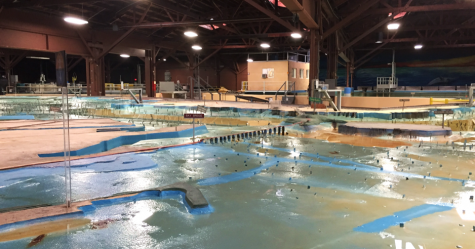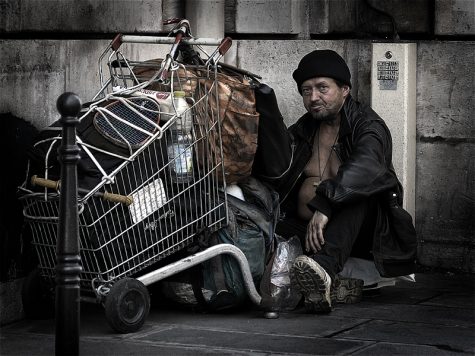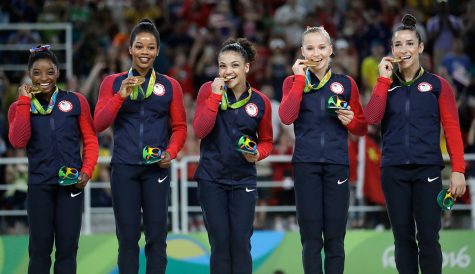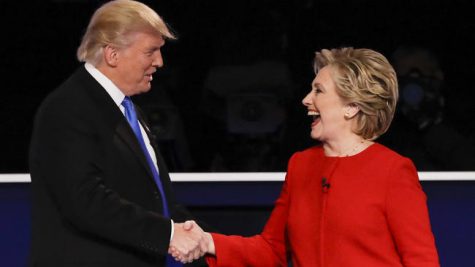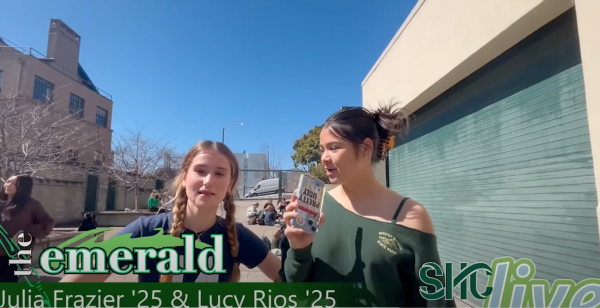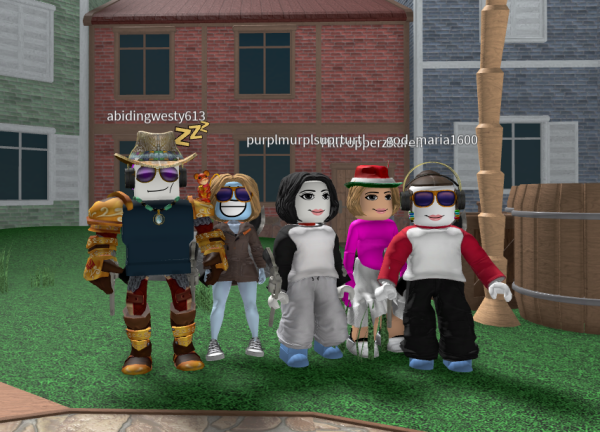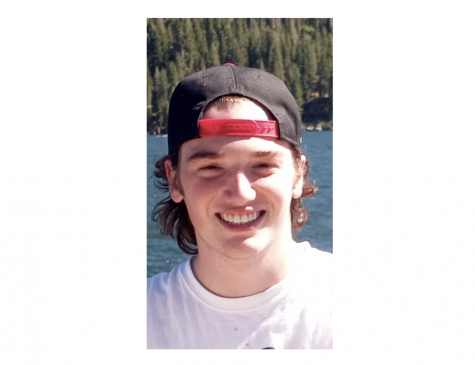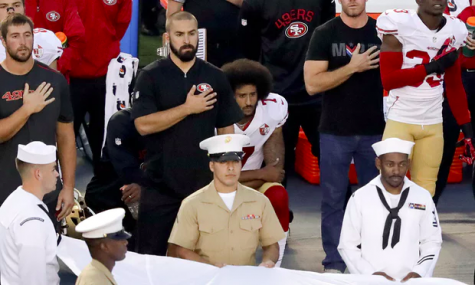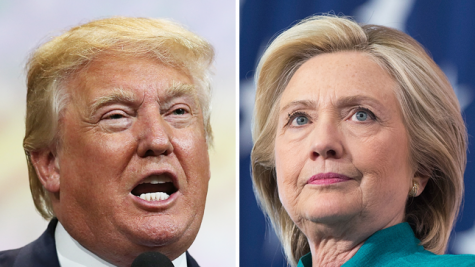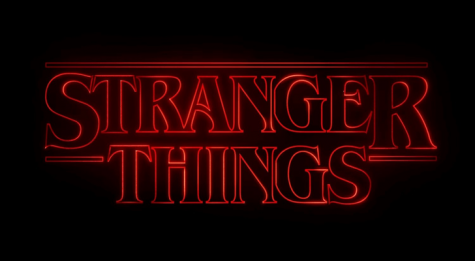A Papal Visit To Remember
(Official Photo by Caleb Smith)
Pope Francis landed on Washington D.C. for the first time last Tuesday, beginning his six day visit to the United States. He spent two days in our Capital, two days in New York, and two days in Philadelphia. His visit made him the 4th Pope to visit the United States, occurring nearly 50 years after the last visit made by Pope Paul VI.
The Pope used the national attention of his visit to emphasize particular topics that resonated with both parties. His endorsement of President Obama’s efforts on climate change and Cuba resonated with the Democratic party, but his defense of traditional values and the institution of marriage resonated with the Republican Party. He also called for the support of the American people to help those affected by economic inequality in our country and around the world. He saw these as important moral, not political, issues that we must urgently solve.
His political agenda appeared more prominently in his joint address to Congress. In his address, Pope Francis covers many important political topics, such as climate change and the sanctity of marriage. He also called Congress to rise above polarization, saying, “A good political leader is one who, with the interests of all in mind, seizes the moment in a spirit of openness and pragmatism. A good political leader always opts to initiate processes rather than possessing spaces.”
In his visit to New York, Pope Francis also made an address to the United Nations. He voiced his disappointment on some pressing problems of humanity, and he advised the world leaders with possible solutions. He believed that nuclear weapons, by their very nature, are poor instruments of peace as they attempt to unite the world in “fear and distrust.” His address also included the problem of climate change, environmental rights, and the distribution of wealth and power. In response to all the problems he addressed, the Pope also suggested possible solutions such as an international justice league, environmental rights, and solidarity between all of humanity.
His address to both Congress and the U.N. reflected his desire for a world of peace and harmony that the future generations can inherit. In both of his addresses, his message of peace was well received and earned him loud applause. Besides his political addresses, he also canonized Junipero Serra in Washington D.C., visited the 9/11 memorial in New York, and had a meeting with the bishops at St. Martin’s chapel in Philadelphia. After six days in our beloved country, the Pope finally returned to Rome on Sunday, with his message heard throughout the world.

